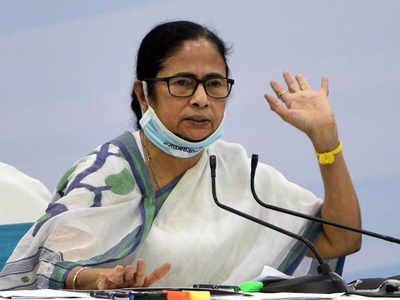
The conflict centers on the allocation of Lok Sabha seats for the upcoming elections. The TMC has insisted that it should lead the charge in Bengal, citing its strong mass base and performance in the 2019 elections, where it won 22 seats, compared to Congress’s two. Banerjee has argued that the seats Congress claims as "entitlements" are inadequate, calling for a more prominent role for the TMC. This has sparked a standoff, with the Congress leadership refusing to back down on their demands, leaving both parties at an impasse.
Banerjee’s remarks at a recent rally highlighted her frustration with Congress's approach. She accused the Left Front, which is aligned with Congress, of trying to dominate the opposition bloc's agenda. She pointed out her longstanding efforts to directly confront the Bharatiya Janata Party (BJP), distinguishing herself from other opposition leaders who, in her view, have taken a less confrontational stance. Her comments were a sharp reminder of the historical rift between her party and the Left, which led to a 34-year-long conflict before the TMC rose to power in Bengal in 2011.
The dispute has put a strain on the unity of the INDIA bloc, a coalition of 28 parties formed to challenge the BJP. While the TMC has pushed for more significant representation, Congress has resisted, arguing that the TMC’s demands undermine the collaborative nature of the opposition alliance. The TMC has made it clear that if the seat-sharing discussions do not reflect their importance in Bengal, they are prepared to contest the elections independently, further deepening the divide.
This emerging rift also reflects broader concerns about leadership within the alliance. Mamata Banerjee’s recent actions, including leading an all-faith rally and criticizing the lack of a more robust opposition response to the BJP, underline her position as a strong alternative to the Congress leadership in the state. She has expressed frustration with Congress for being slow to respond to the shifting political dynamics in Bengal, where the TMC remains the primary force against the BJP.
Amid the rising tensions, Banerjee’s call for the TMC to have a more significant role in the alliance aligns with the party’s growing assertion of its political autonomy. Despite the historical ties between the TMC and Congress, particularly during their joint efforts to oust the CPI(M)-led Left Front, Banerjee’s statements suggest that the alliance is increasingly seen as a political necessity for her party rather than a natural partnership.
As discussions about seat-sharing continue, the conflict is set to shape the future of the opposition’s strategy in West Bengal and possibly even influence the broader dynamics of the INDIA bloc. The Congress's refusal to yield any ground, coupled with Banerjee’s insistence on her party's dominant position, could lead to a fracture within the opposition ranks at a time when unity is crucial to challenging the BJP’s stronghold.
